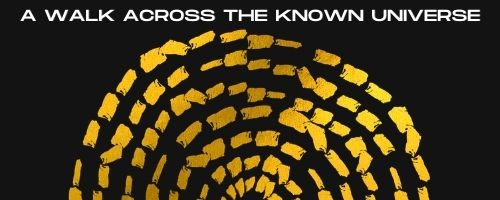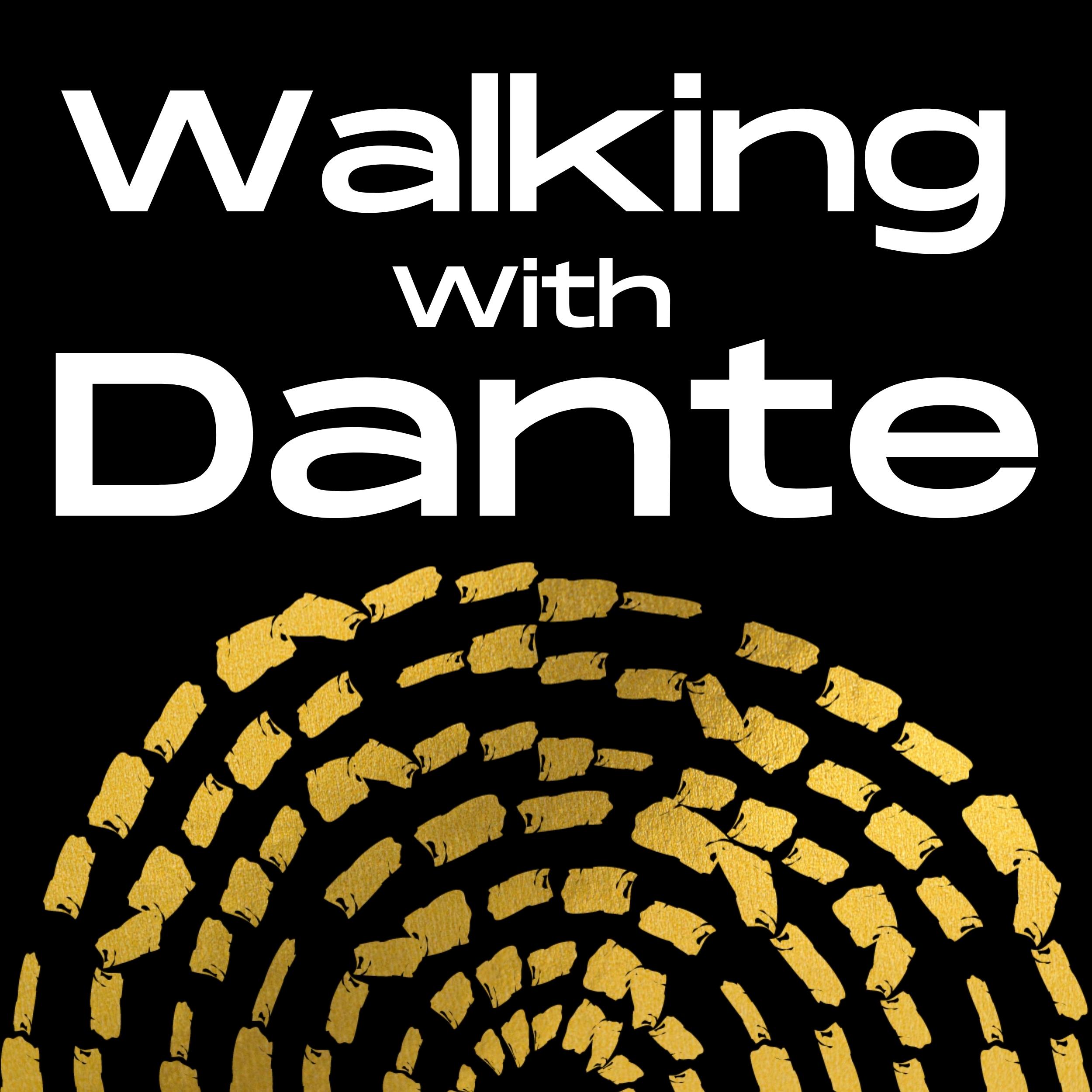Episode 74
Welcome To The Arid Plains Of The Blasphemers: Inferno, Canto XIV, Lines 1 - 18
Here's a fascinating opening passage of a canto--breaking over from the previous one, including quirky rhetorical techniques, showing us classical references, and offering us a glimpse of a slower pacing for the narrative as a whole.
Join me, Mark Scarbrough, as we slow-walk through Dante's masterpiece, COMEDY. We're in Canto XIV, the seventh circle of hell, the third ring of that circle. This is our first glimpse of the place where those violent against God, the blasphemers, find their eternal damnation.
It's hot. It's dry. It's terrifying. And it's interesting. Dante the poet is trying out some rhetorical techniques. And he's finding himself--perhaps--momentarily and unusually insecure in his own text. What a great passage to start the last ring of the seventh circle of INFERNO.
Here are the segments of this passage:
[01:00] My rough translation of INFERNO, Canto XIV, lines 1 - 18. You can also find these on my website, markscarbrough.com.
[02:38] The opening tercet (or three lines) of this canto. It's fascinating for two reasons: it still seems to be a part of the previous canto, the wood of the suicides; and it includes some of the first expressions of the heart-felt loss Dante feels for Florence, a loss that will begin to texture his poem and make this journey through the afterlife so very human.
[08:13] Our first glimpse of the arid sands in a second tercet (or three lines) of reflexive verbs (or as we would have to put it in English, passive-voice verbs). Why so much passive voicing here? The answers might give us a clue as to the punishment of the violent.
[10:45] We can see that poem's pacing has slowed quite a bit as the poet backs up to explain exactly what the pilgrim saw as he left the wood. What does it indicate for a writer to slow down? What benefits accrue to a writer with a slower pacing?
[14:20] An interesting rhetorical strategy of duplicating words. This is the first instance of many in the three cantos ahead.
[15:24] A passing glimpse at Cato the Elder, running across the sands of Libya. I'll help you see where this reference comes from (Lucan's PHARSALIA), why it's important to Dante, and what Cato brings to the poem at this moment.
[18:20] A rare moment in COMEDY: the poet steps out from behind the veil of the verses to warm us about the pains of hell. How many times does this happen? Almost never. Why here? What does that tell us about the poem as a whole?


